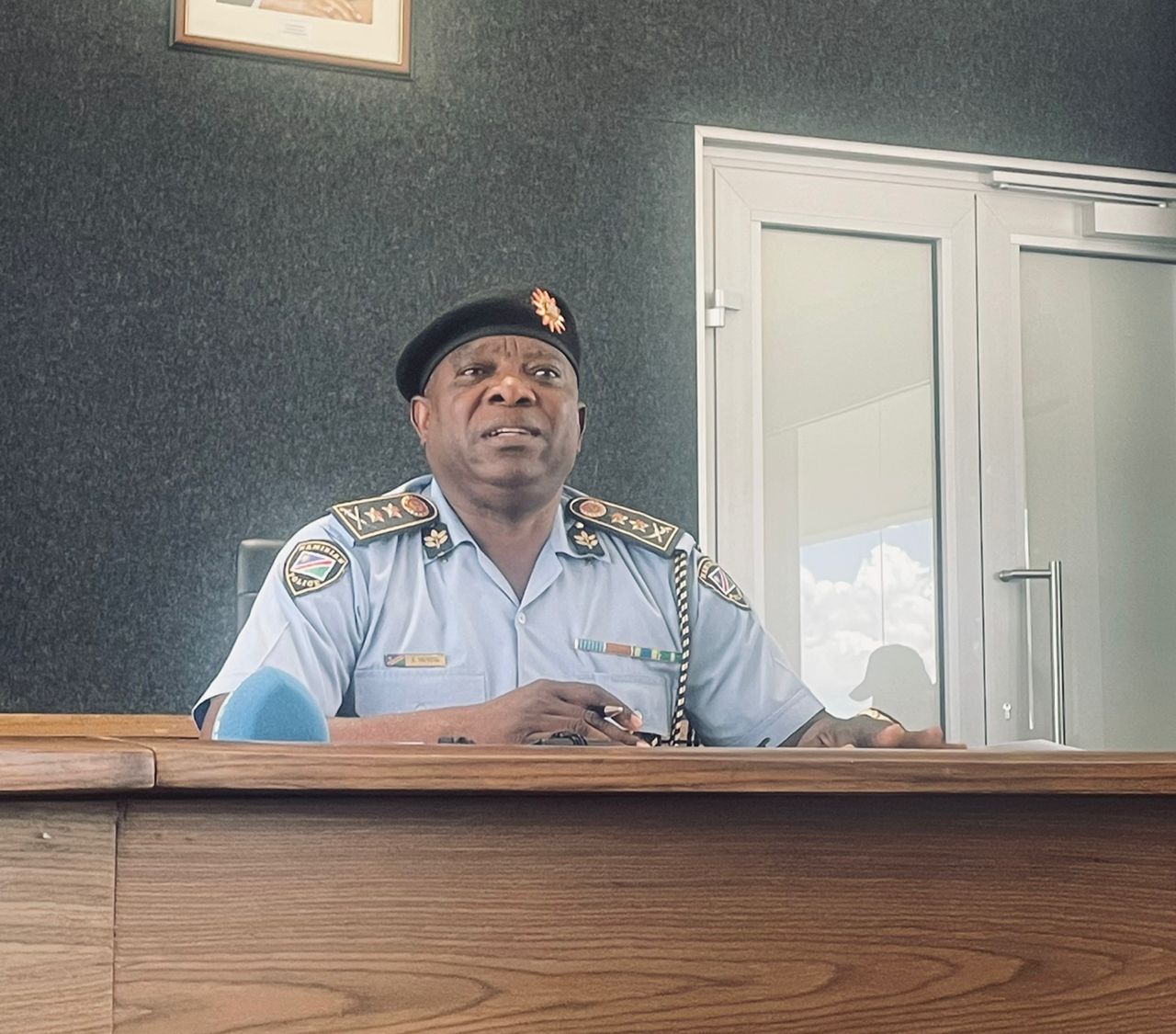As a neonate in the nursing profession, I am very worried due to the alarming reports of malaria cases and deaths in our country, particularly in the Zambezi and Ohangwena regions.
Malaria can be prevented, and the solution to eliminate this disease is within reach.
Malaria spreads through the bite of an infected female Anopheles mosquito. The female Anopheles are infected when they take blood meals from infected humans.
They transmit the parasite when biting an uninfected person.
Once in the human body the parasites multiply in the liver and then infect red blood cells.
Malaria is not caused by cold weather or cold water.
The fundamental question is why the number of cases remain high in the Zambezi and Ohangwena regions, despite several types of intervention.
The answer is simple: We’re doing something wrong.
The Zambezi region is not only topping malaria cases and deaths, but also HIV-AIDS cases in Namibia.
I came to know the region very well in 2022, when I participated in a measles and rubella campaign for the Ministry of Health and Social Services.
My supervisor was Walters Kamaya, the current mnistry spokesperson.
Mosquitos are everywhere during the day and night in the Zambezi region due to its environment.
Therefore allow me to humbly request the following:
Current social behaviour communication change programmes should be strengthened.
People should be educated more on malaria.
People from the most affected areas, such as Kaenda, Kasheshe, Kesheke, Choi, Sibinda, Shachoma, Musokotwane, Chinichimane and Kanono must be involved in these programmes and be the drivers of progress in the malaria response.
Indoor residual spraying should be priolitised as it reduces the mosquito population and is one of the important tools in malaria control programmes.
There is also a need to develop new ideas, including community engagements, the monitoring of incecticide resistance and ongoing research to develop suitable vector control methods.
If it’s true there is an effective new malaria vaccine, I will call upon my government to procure them and promote their distribution.
Moreover, the ministry should come up with educational programmes to teach people across the country about the causes, spread, preventive measures and treatment of malaria.
This would minimise the burden of malaria cases and allow resources to be spent on other key health issues, as this is currently limited.
In conclusion, as a malaria victim and a neonate in the nursing profession I would like to call on experts, entomologists, health professionals, students and our leaders to play their part in eliminating malaria from Namibia and the Southern African Development Community.
No single country can eliminate malaria single-handedly, because mosquitos cross borders and do not carry passports.
To all our healthcare professionals: You made it possible during the Covid-19 pandemic, I believe you can do this again in the fight against malaria, malnutrition, respiratory infection, diabetes, tuberculosis, HIV-AIDS and more.
What you have done speaks volumes.
Your dedication to health, your efforts and care have not only borne fruit in the present, but have also laid a solid foundation for the future.
Over the years you have proven to us that our health and lives are your priority.
Together we will eliniminate malaria in Namibia.
Alfeus Hamundja
Stay informed with The Namibian – your source for credible journalism. Get in-depth reporting and opinions for
only N$85 a month. Invest in journalism, invest in democracy –
Subscribe Now!






